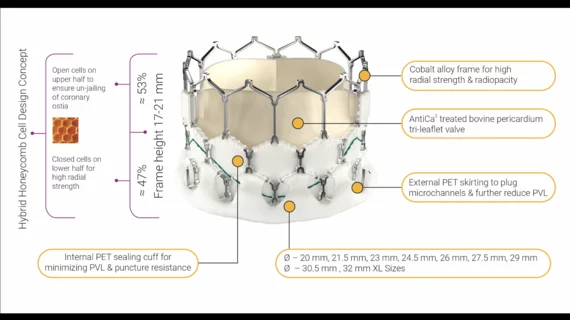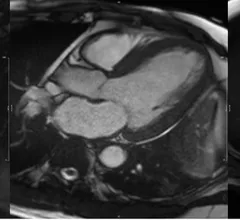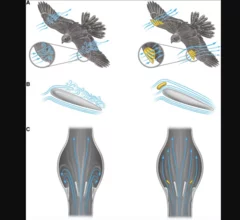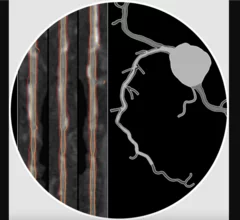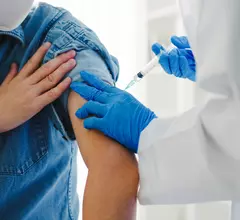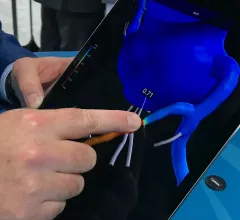European Society of Cardiology (ESC)
This page includes news from the European Society of Cardiology (ESC). The ESC represents more than 95,000 men and women in the field of cardiology from Europe, the Mediterranean basin. It is the European umbrella cardiology organization, which includes the European Association of Percutaneous Cardiovascular Interventions (EAPCI), which hosts the large EuroPCR meeting; the European Heart Rhythm Society (EHRA); European Association of Cardiovascular Imaging (EACVI); European Association of Preventive Cardiology (EAPC); and the Association for Acute Cardiovascular Care (ACVC).
Displaying 17 - 24 of 91

